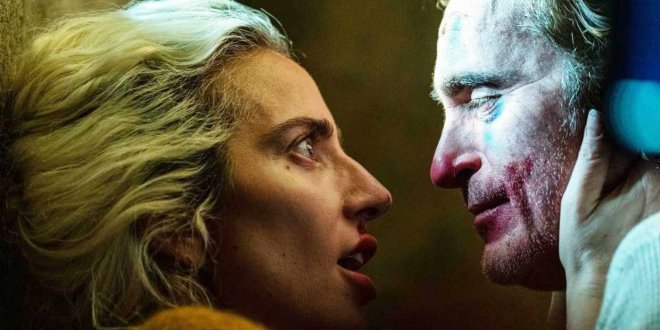Who Is Joker 2 Actually For?
Five years ago, DC"s Joker became the new Fight Club for a generation of movie fans, connecting with so many different audience quadrants that it blew impressively past the billion dollar box office milestone. In 2024, in the immediate wake of Joker: Folie a Deux"s release, it"s impossible not to be shocked at the apathy or outright rage at the sequel. This should have been a slam dunk, building on Joker"s shocking ending, and instead early signs point to a flop of epic proportions that has kicked off a tsunami of outrage. At the heart of that is one question: who exactly was this movie for?The problem with Joker: Folie à Deux, no matter how you might feel about it, is that it simply doesn"t seem to care about the majority of fans most invested in a sequel. And as a result, the audience - including those who haven"t and won"t see it - will be completely lost on who it was even made for. So let"s break down this entire mess, and why Joker 2"s box office is so bad. And let"s discuss the groups who might be weighing up whether to see the Joker sequel, and how it"ll actually work for them.
Joker: Folie à Deux Is Very Clear About Its Thoughts On Some Original Fans You're Harley Quinn, But That's A Bad Thing, Apparently
 While the discourse has already taken the stance that Joker: Folie à Deux"s ending is a provocative response to the supposedly toxic element of the original film"s fanbase, it would be unfair to say everyone who liked the original liked it for that reason. It is also important to acknowledge that Joker was beloved by a lot more people who didn"t see Arthur as someone to emulate, but rather someone who it was very difficult not to sympathize with. A cause in a different way.
While the discourse has already taken the stance that Joker: Folie à Deux"s ending is a provocative response to the supposedly toxic element of the original film"s fanbase, it would be unfair to say everyone who liked the original liked it for that reason. It is also important to acknowledge that Joker was beloved by a lot more people who didn"t see Arthur as someone to emulate, but rather someone who it was very difficult not to sympathize with. A cause in a different way.Then there are those who enjoyed Joker and recognized the dangerous influence it would go on to have. The sequel doesn"t just acknowledge the fact that the original was taken different ways, it literally creates three characters representing the split: Lady Gaga"s Harley Quinn as the radical, Harvey Dent as the cynic, and Catherine Keener"s Maryanne Stewart as the sympathetic viewer. The problem, really, is that there is no vagueness about who is "right" in Folie à Deux, because Phillips chose not to encourage the same sort of open interpretation as the first film embraced.
[圖擷取自網路,如有疑問請私訊]
|
本篇 |
不想錯過? 請追蹤FB專頁! |
| 喜歡這篇嗎?快分享吧! |


















